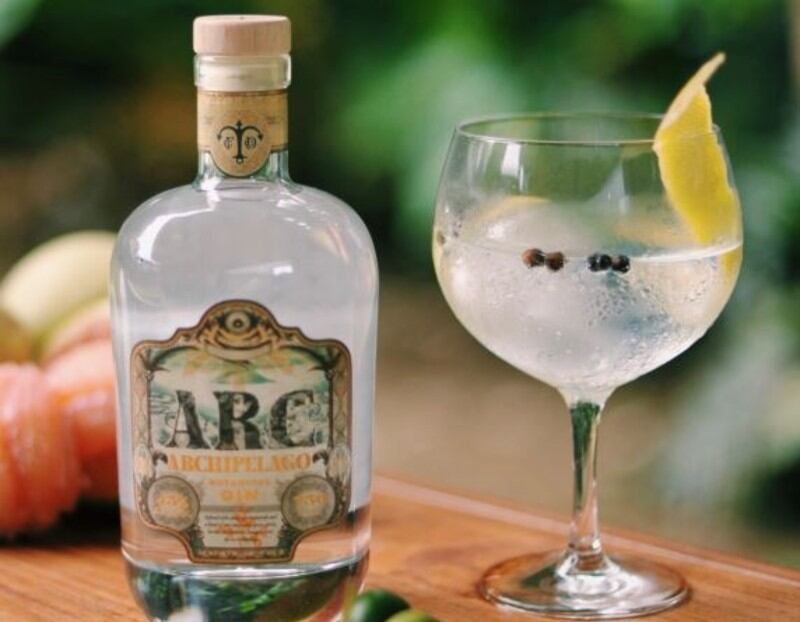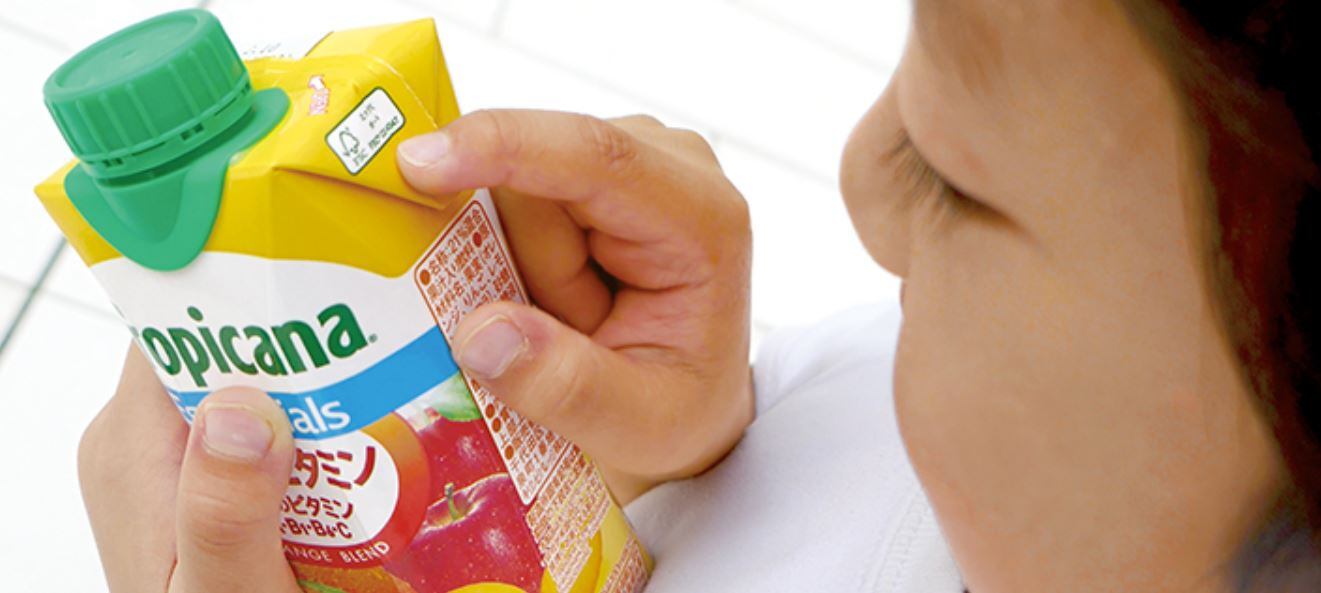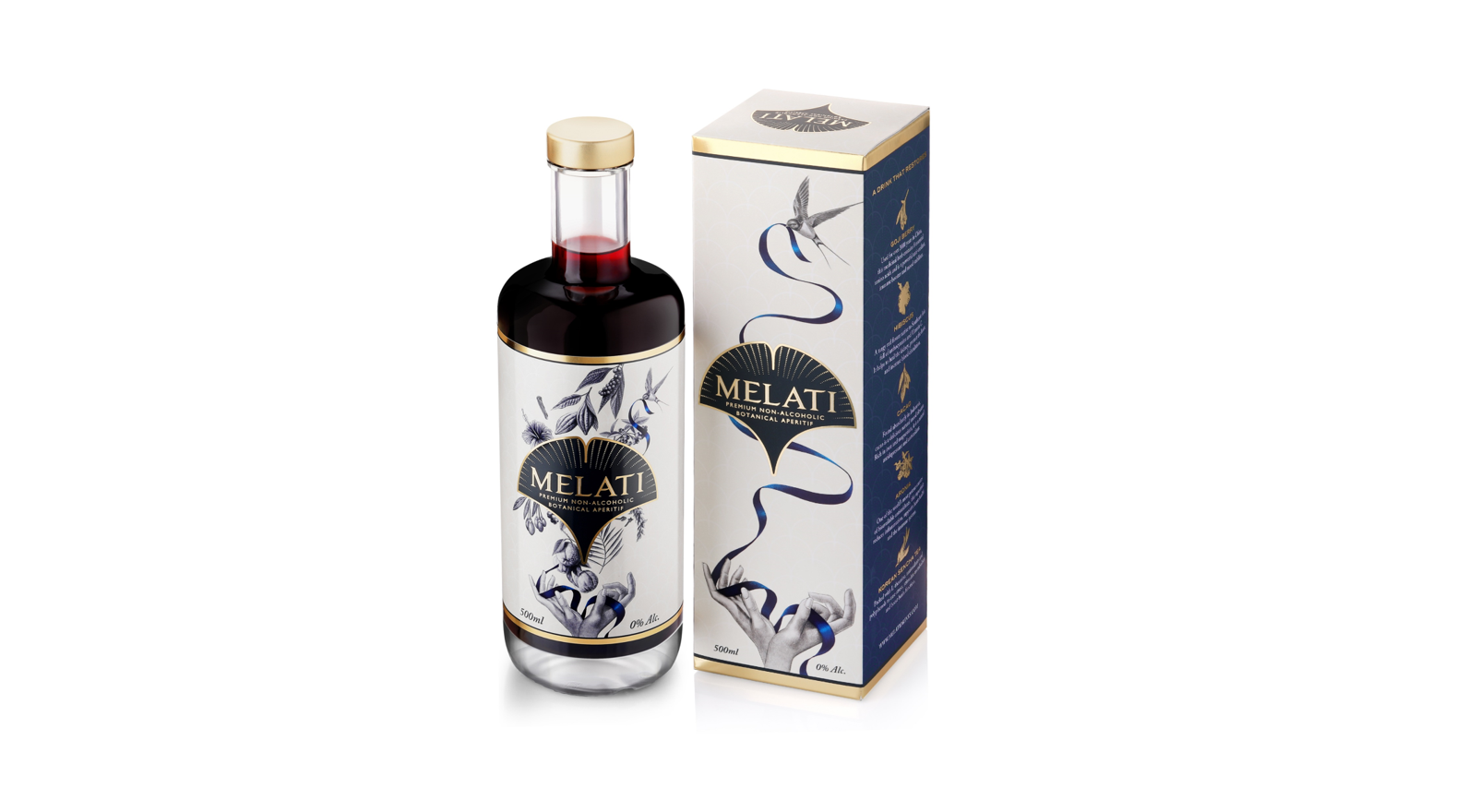According to Full Circle’s Co-Founder and Head Distiller Matthew Westfall, the Philippines is one of the largest gin-consuming markets in the world, taking up over 43% of global consumption, so making a localised product in the country was a no-brainer.
“Consumers here have a huge demand for gin, some 22 million cases per annum – but it’s by and large mostly Miguel gin, the cheaper stuff at about US$1.50 per bottle. The space we are looking at is the premium space, so craft gin that is completely authentic with the best ingredients,” he told FoodNavigator-Asia.
“What we really want to do is put Philippines on the map and promote it for such good craft spirits, and to do this we reckoned the best way was to use local botanicals and tell a story through the flavours – so for our Archipelago Botanical Gin, even though the main base is French whole kernel winter wheat and there’s a strong juniper base, we added layers and layers of tropical flavours.
“There are 28 botanicals in this, 22 of which are sourced here in the Philippines including Benguet pine, mango, pomelo, calamansi, dalandan oranges, a variety of fragrant flowers like ylang ylang and kamia, lemongrass and many more.
“Each batch is extremely labour intensive to make as it takes two to three days just to prepare for one run, including peeling and separating these botanicals which are always brought in fresh the same day or day before.”
Another unique product in Full Circle Distillery’s portfolio is its Archipelago Lava Rock Vodka, which is filtered using lava rocks from the Taal and Mayon volcanoes.
“We collect the lava rocks, put them in a tubular glass and filter the vodka at speed under pressure through this, then remove the sediment so it’s clear but still retains a hint of minerality and astringency from the lava rocks,” said Westfall.
COVID-19 opportunities
When COVID-19 hit the Philippines, most of Full Circle’s main sales channels such as duty-free shops, tourism and casinos took a bad hit. But despite this, Westfall told us that the pandemic actually opened their eyes to many new opportunities and brought them some of the best sales ever.
“We made a few pivots that might have taken a lot longer if not for COVID-19 – for example, we placed a lot more focus on export markets and shipped several pallets over to Singapore as well as shifted our United States sales to a self-distribution method. Now we’re in talks with Australia and New Zealand, we have a distribution chain lined up in Malaysia, and we’re looking to Hong Kong and Canada too,” he said.
“The other thing was looking at other sales channels such as creating cocktail kits and setting up virtual gin masterclasses which were both hits, and people also started asking us about private label distilling for celebrations which we did not think of before – now, we’ve got five different projects on our hands.
“I am positive about the growth because in November, we realized that we’d actually doubled all of our sales year-on-year, even after losing all our main channels. In addition, retailers which did not have time to listen before have become more open to ranging us, and we’ll soon be in big box stores like Marketplace which has 13 stores in Metro Manila.”
“So we’ve basically been allowed to prepare for a post-COVID-19 scenario and are now in better shape for 2021 than before – the duty free and tourists and foodservice channels will eventually come back, but now we also have new, diverse avenues to look forward to.”
Craft and challenges
According to Westfall, there are other distilleries in the Philippines, but he believes they are the first one to satisfy all the criteria needed to be classified as a ‘craft distillery’.
“To be a craft distillery, you need to satisfy four criteria: Have your own distillery (not producing via contract or toll distillation), be independently owned so not operated by larger firms like Diageo, have a production capacity of less than 100,000 proof litres per annum and apply artisanal and legitimate craft techniques - so not just adding colours or additives and calling it a new product,” he said.
“So yes, there may be other distilleries out there in the Philippines, but I have not yet seen any others that satisfy all four of these criteria. Consumers need to be wary as there are a lot of copycats in the market, a lot of smoke and mirrors with people just blending locally then claiming to be local or things like that.
“So that means there’s really a lack of maturity in the market currently, and a lack of knowledge – but people are getting smarter and it’s a growing market so there’s plenty of room for growth. I’m hopeful that what we’re doing will elevate the industry and spur an interest in young people to learn more about this space and maybe even start their own local craft distilleries in the future.”
Moving forward, Full Circle will be looking at producing artisanal rum and whiskeys, in addition to experimenting with tropical fruit to create brandies.
“Think fruits like mango, jackfruit and banana in brandies – these will be limited and premium and very authentic,” said Westfall.
“We’re also looking to continue prioritising export markets, and hope to send a second shipment to Singapore soon. We were also listed as the top gin on German gin blog review site Ginvasion.de in 2019, which helped us gain recognition there and we’ve just sent a first shipment over, so we also hope this will give us an avenue to reach all 27 countries in the European Union eventually.”




